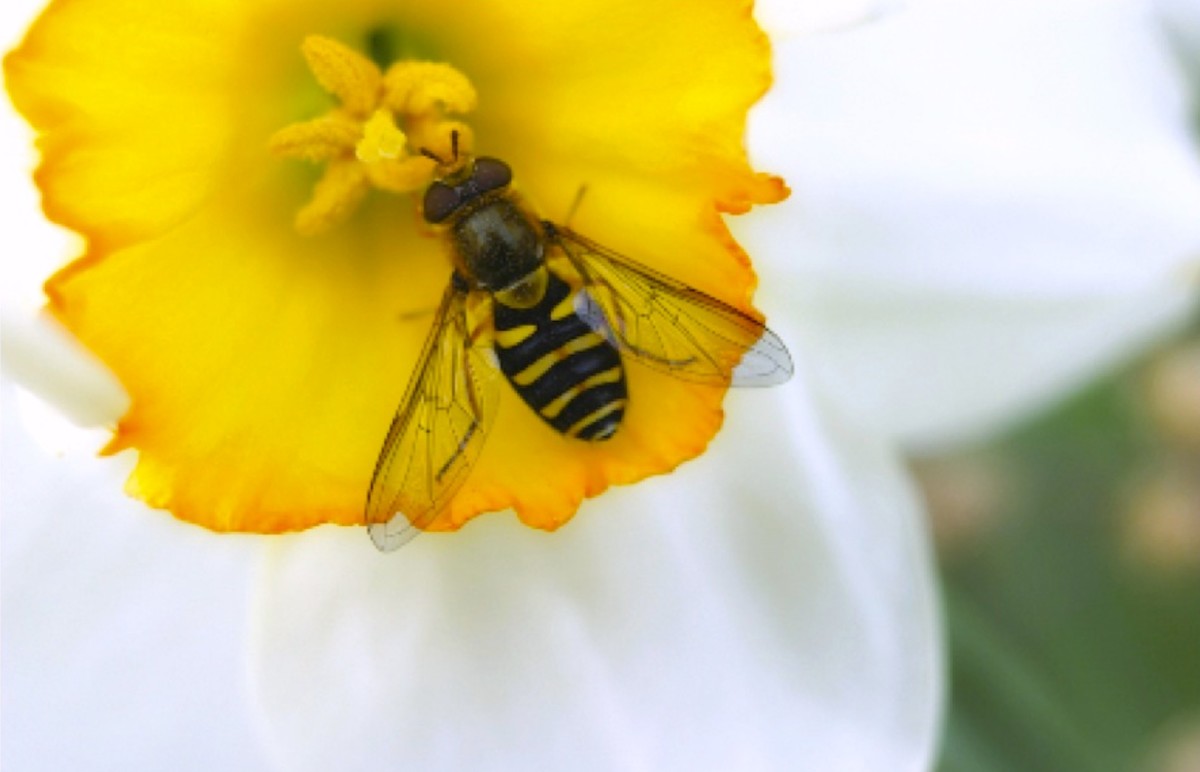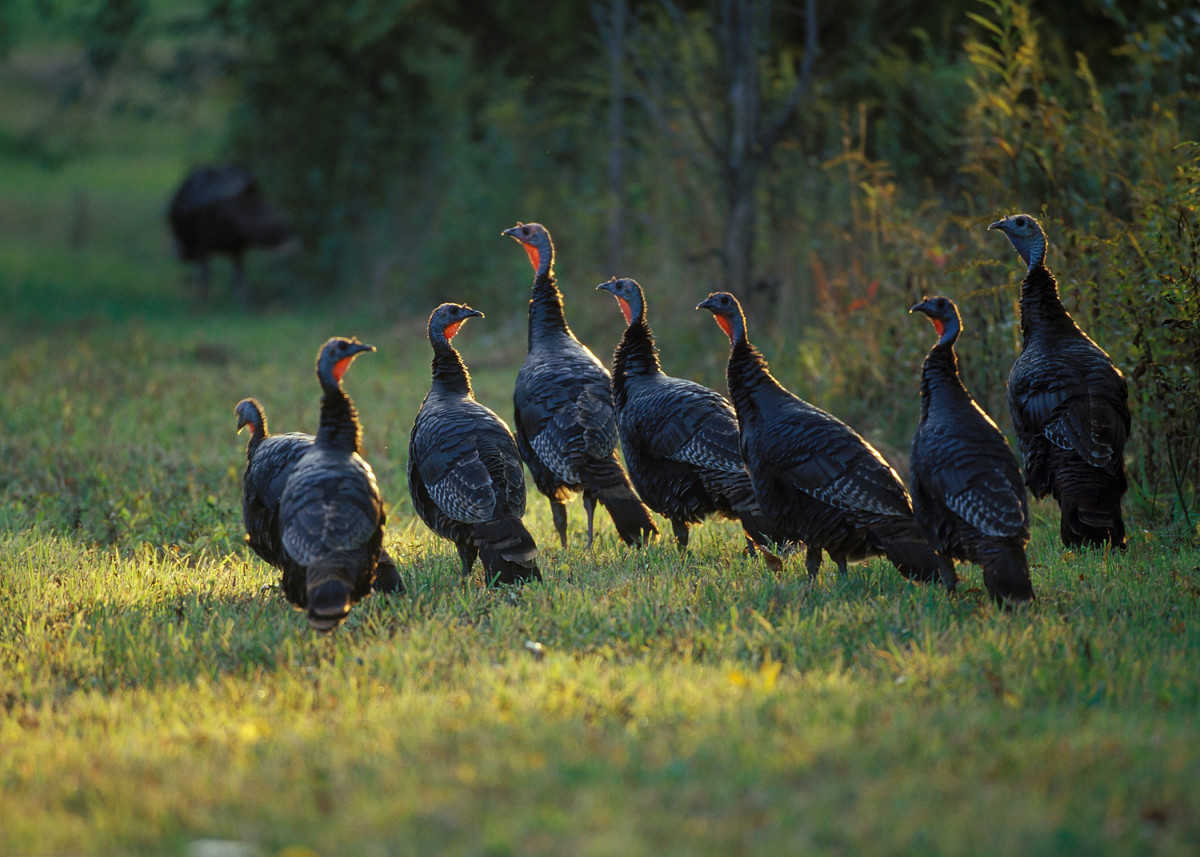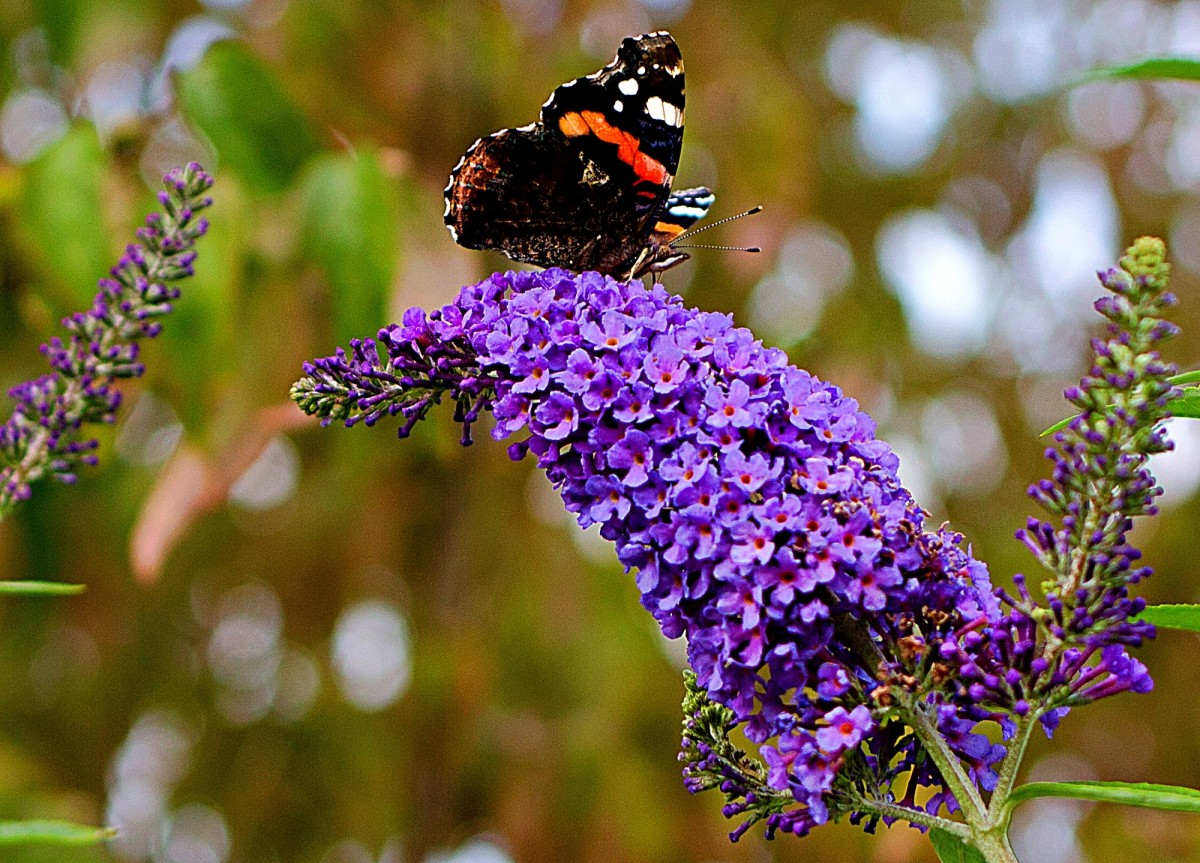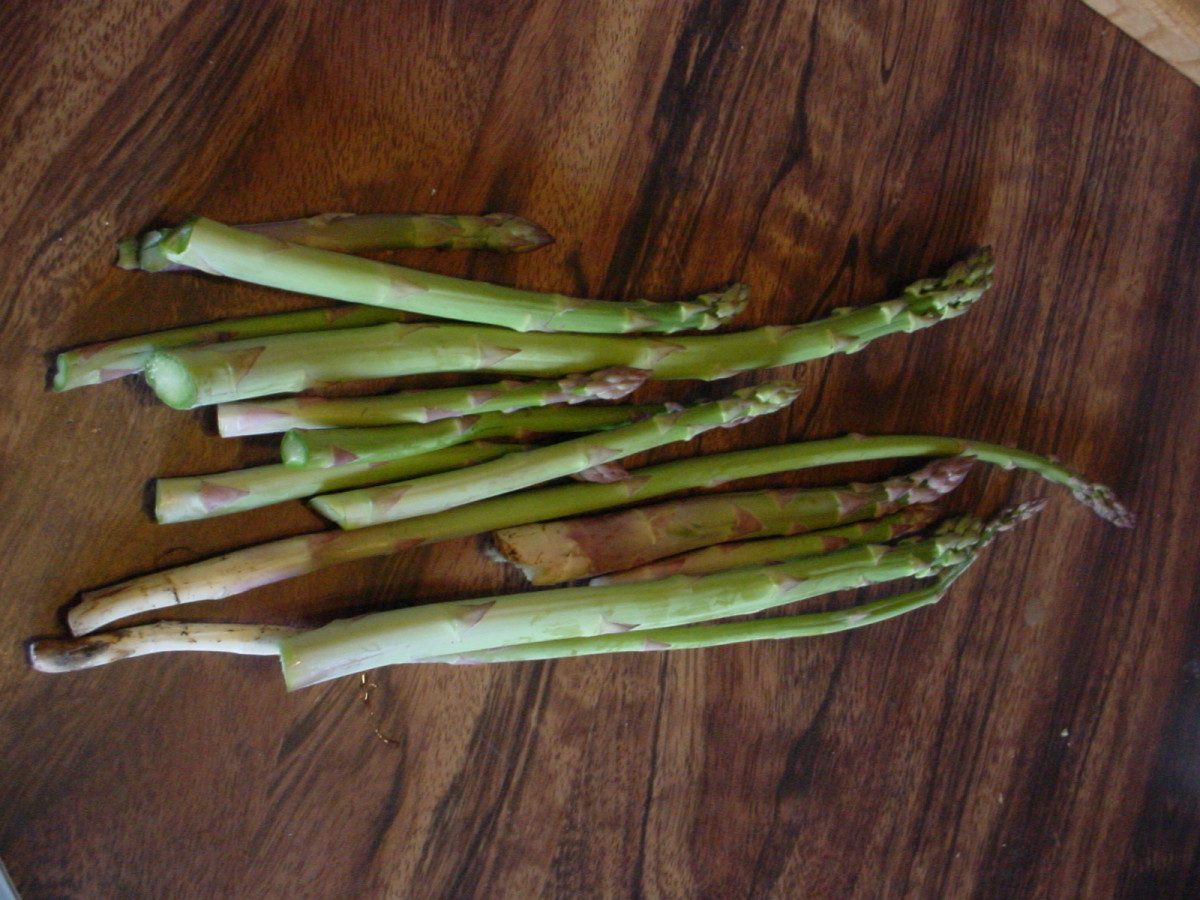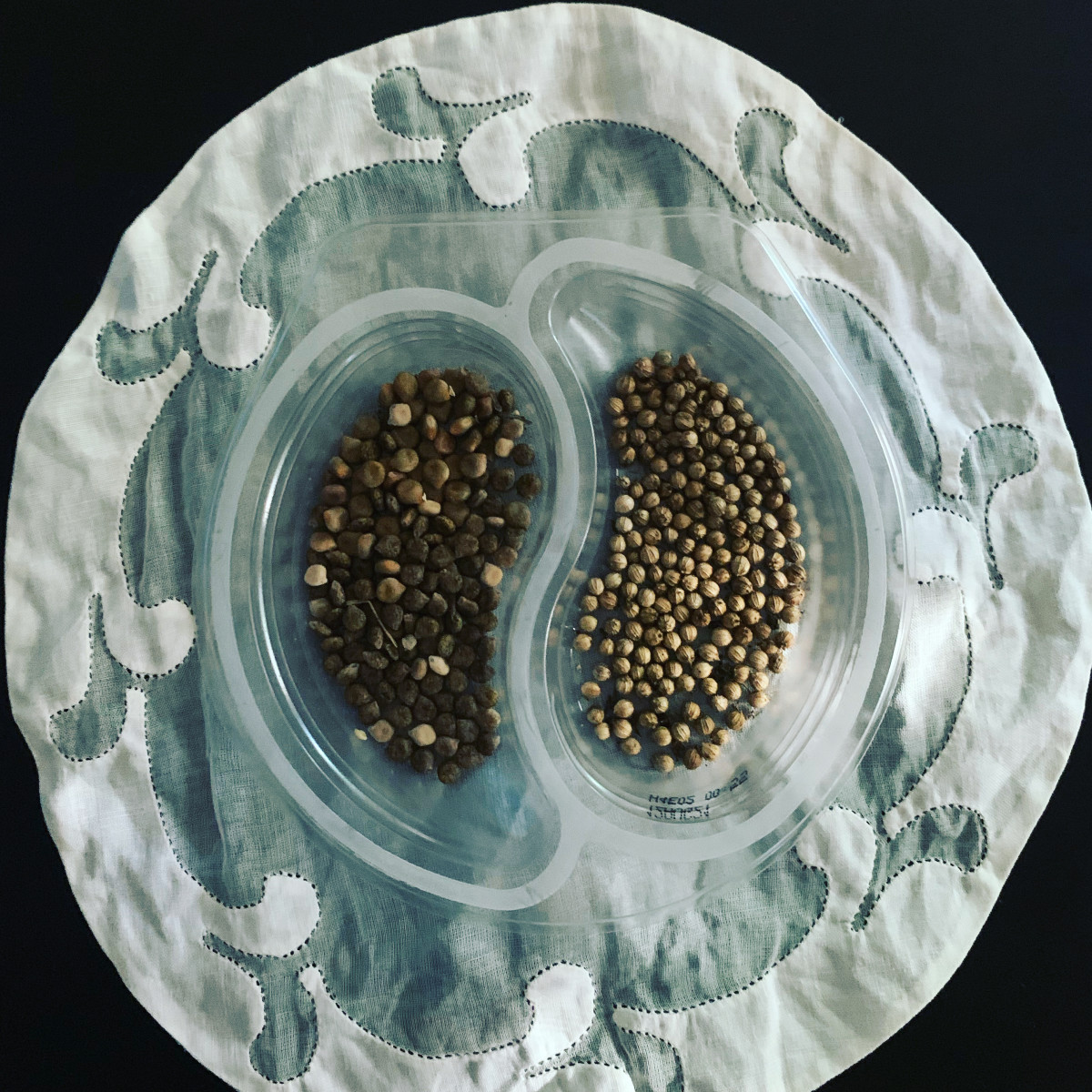Five Advantages of Mulching During the Spring
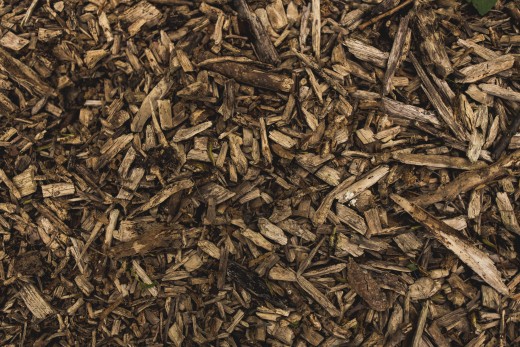
Why You Should Lay Down Mulch in the Spring
Mulch is a common landscaping material that is made up of shredded materials that are applied onto the ground around your trees or in your garden beds. Usually made out of wood or other organic materials, the application of mulch provides a number of functional benefits to your landscaping beyond simply being a nice aesthetic touch.
Knowing what some of the practical benefits of applying mulch in your yard during the spring season are can help you understand why applying mulch should be made an essential part of your landscaping maintenance routine.
Temperature Regulation
One of the most important things that applying mulch around your plants during the spring will do is to keep the soil temperature at a moderate level. This will prevent frost and freezing temperatures from causing damage to the roots of your newly blooming plants, which can happen briefly overnight or in case of a sudden return of winter weather.
Even if blooms freeze off, the root network will be protected from the variable weather enough to ensure that your plants will bounce back again quickly as soon as the weather warms up again. Thicker layers of mulch will provide a greater degree of insulation, if you are expecting frequent fluctuations.
Increased Soil Nutrients
Another key advantage associated with applying mulch in your garden is the fact that it will slowly compost itself over time, providing much needed nutrients to the soil in your flowerbeds and around the base of your trees.
This comes with the caveat that you will have to replace your applied layers of mulch every year or so, to ensure that the layer is thick enough to continue providing benefits to the plants in your garden.
Water Retention
Beyond keeping the temperature of the soil around your plant life at a moderate level conducive to growth, mulch will also hold onto rainwater and keep moisture from evaporating too quickly from your soil.
This has two main benefits: firstly, and most obviously, keeping water around the base of your plants ensures that they continue to stay adequately hydrated to continue growing throughout the spring season. Secondly, but no less importantly, is the fact that mulch will hold onto water runoff, preventing soil erosion and other unwanted landscaping changes that can accompany spring rains.
Weed Prevention
While mulch will keep the heat and the water close to the roots of your plants, increasing the rate of growth and health for seedlings, it also acts as a physical barrier that prevents sunlight from directly reaching the soil.
This will prevent new plants from suddenly sprouting up, which will have the beneficial effect of preventing weeds from growing around the base of your trees and in your flowerbeds, which ensures that all of the water and nutrients in the soil are going to the plant life that you have planted there.
Pest Control
Another important consideration to take into account when choosing between different types of mulch is the degree of pest repellence that each type of organic material offers.
Some types of natural hardwood, like cedar, contain natural chemicals that exude a scent that keeps a variety of common garden pests away. This can help protect your trees and plants from infestation, and save you money on removal and pest control treatments down the road.


